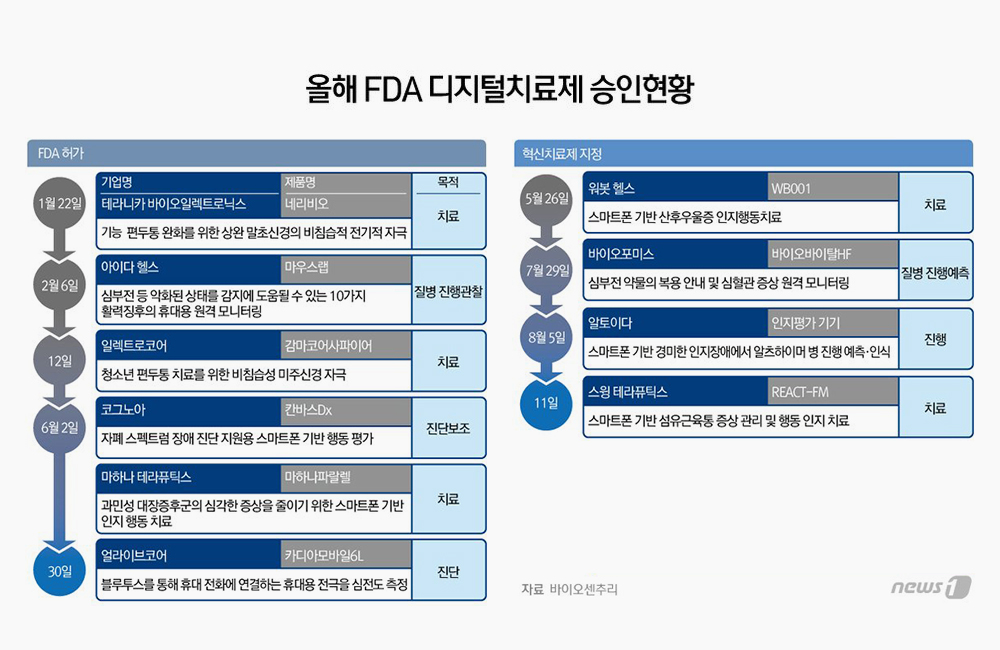A vaccine that could ‘dramatically’
improve the treatment of multiple types of cancer is being given to patients
for the first time.
The potentially game-changing jab is being
trialled in Britons with prostate, lung and ovarian cancers.
Together these claim 51,000 lives a year
in the UK — almost a third of all cancer deaths.
Although we usually think of vaccines as
preventing diseases, the term can also be applied to drugs that harness the
power of the immune system to treat them.
This new vaccine directs the immune system
to fight a protein that normally keeps cancer cells safe from harm.
Our immune system is
constantly destroying small cancers as they develop. But cancer cells have a
variety of strategies to avoid being attacked, allowing the disease to grow and
spread. These include making a protein called survivin.
Found on the surface
of the cells of many cancers in large quantities, it helps the cancer hide from
the immune system.
Exactly how it does
this isn’t clear. One theory is that because it is also found on some healthy
cells, albeit in much smaller amounts, the immune system doesn’t realise the
cancer cells are dangerous and so doesn’t attack them.
The new vaccine,
which has been developed by Oxford Vacmedix, a spin-out company from Oxford
University, contains a synthetic form of survivin that’s designed to stimulate
a stronger response from the immune system. The hope is that this will destroy
the cancer cells.
The jab, which is
known as OVM-200, is being trialled on people for the first time, in a study
involving up to 35 patients with cancer at University College Hospital in
London and four other centres in the UK.
The participants will
receive three doses of the vaccine, two weeks apart, and will be monitored for
six months for changes in their cancer, as well as any side-effects.
The trial is focusing
on three cancers, although it is hoped that the vaccine will be effective
against multiple types of cancer.
Dr Martin Forster, a
consultant in medical oncology at the UCL Cancer Institute and the trial’s
chief investigator, said: ‘Survivin is highly expressed in many cancers and
therefore a great target for therapies such as this novel vaccine.
‘This exciting
UK-developed treatment introduces a new vaccine technology into clinical trials
and has the potential to dramatically change outcomes for our patients. There
is a huge unmet need and these are exciting times.’
Commenting on the
trial, Professor Raj Persad, a consultant urologist at Bristol Urology
Associates, said: ‘New targeted treatments such as this promise to be much more
specific and less toxic in their side-effects by simply boosting the body’s own
immune system.’
But he adds that
research into long-term side-effects and the treatment’s impact on patient
survival is ‘important before we rejoice too much’.
‘From initial
studies, however, this approach looks very encouraging indeed,’ he adds.
Source: Daily Mail









